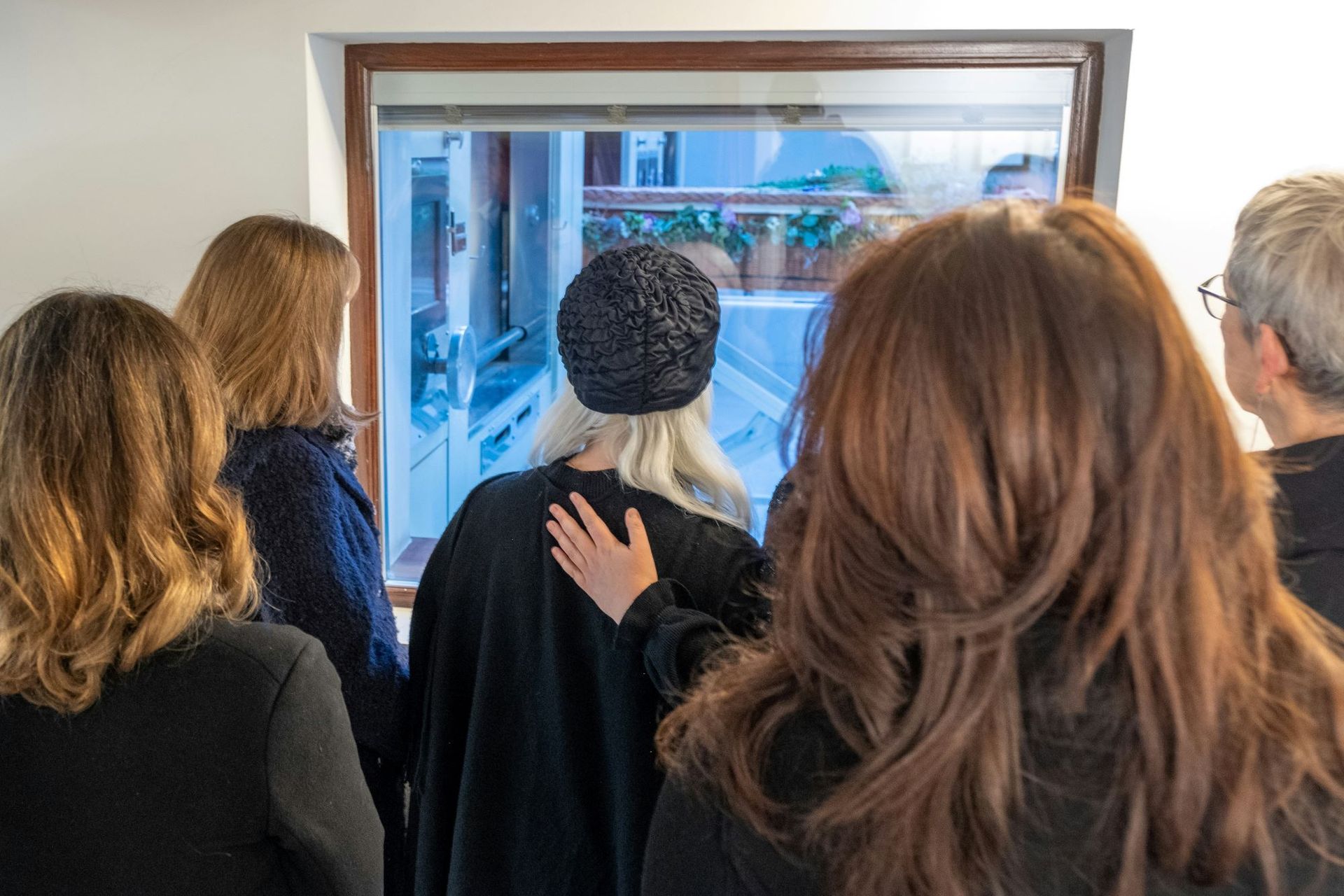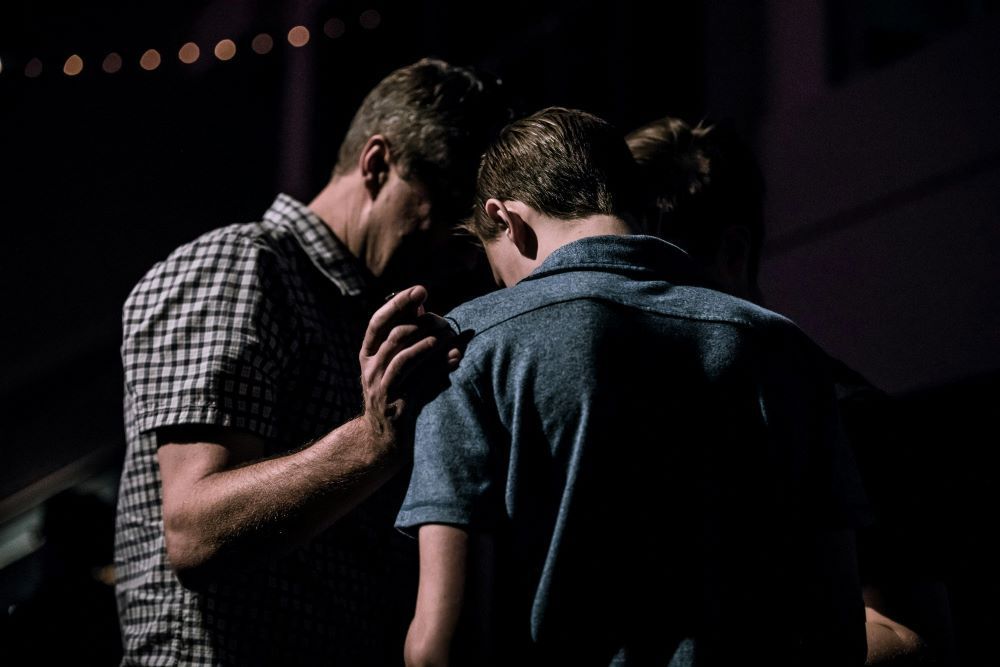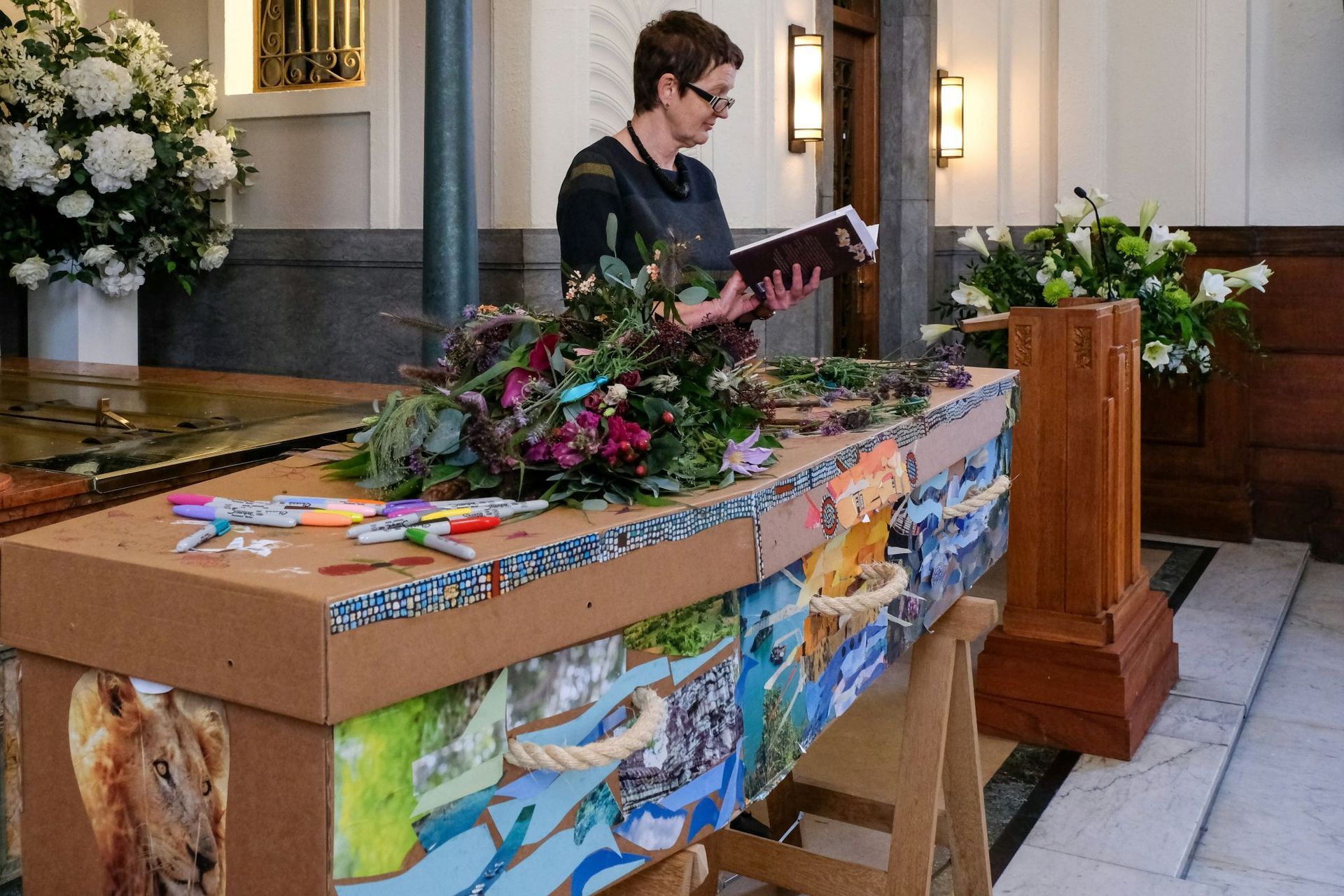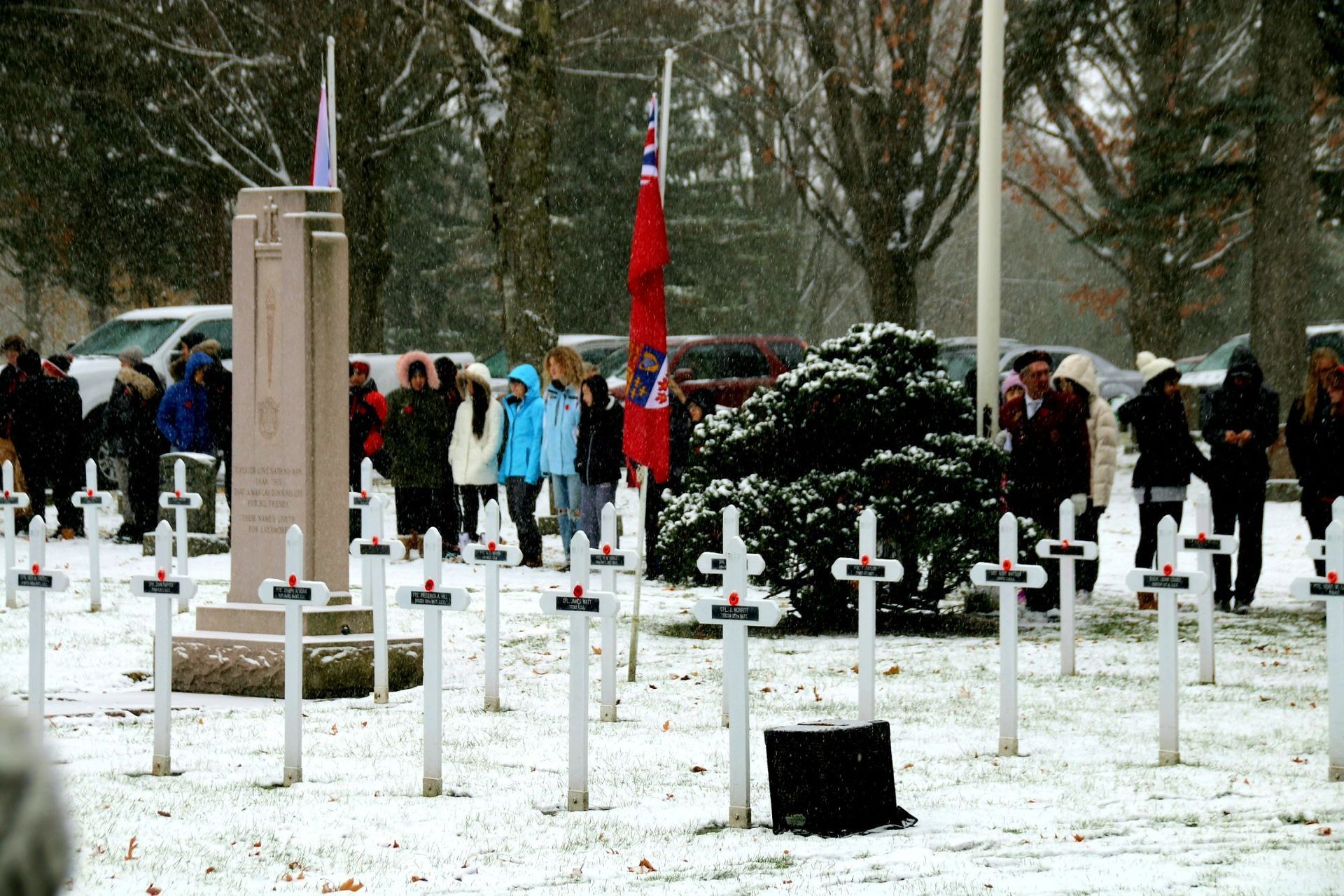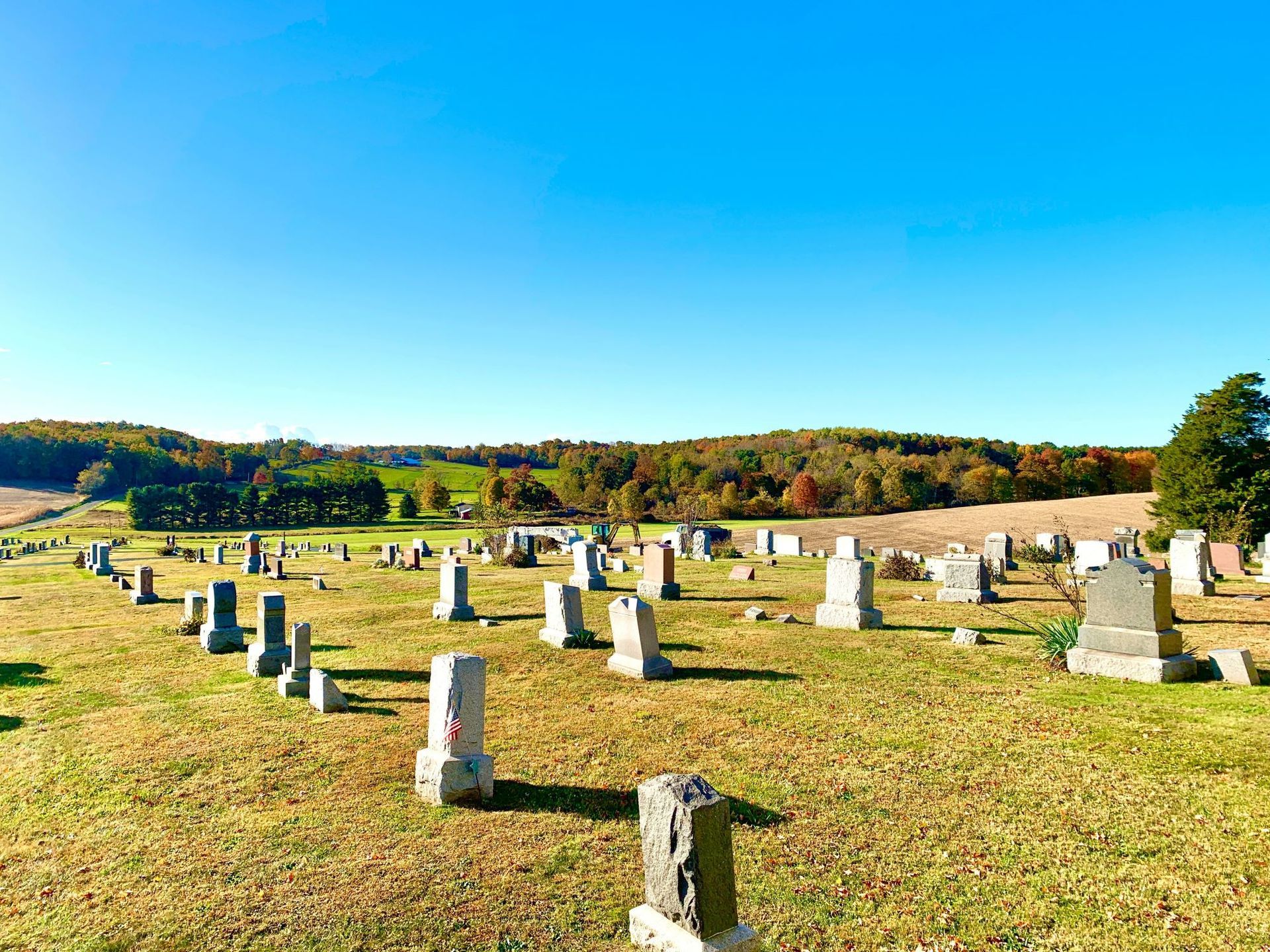How Funeral Homes are Adapting to the Needs of Communities
Explore how funeral homes are evolving to meet community needs through personalization, technology, and sustainable practices.
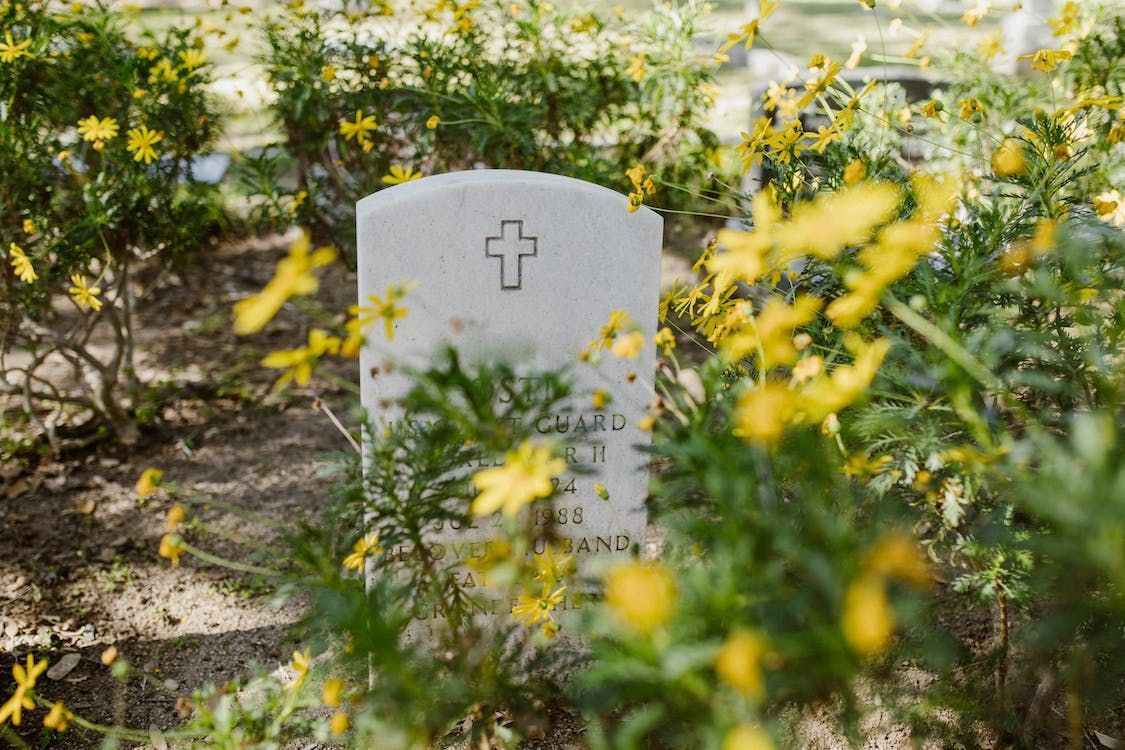
In recent years, funeral homes in Alamo, TX, and across the country have been transforming the way they operate to better serve their communities. This transformation is driven by changing societal values, technological advancements, and a greater emphasis on personalization. As communities evolve, funeral homes are finding new ways to meet the diverse needs of the people they serve, offering more personalized and meaningful experiences during a family's time of grief.
Embracing Technological Advancements
One of the most significant changes in funeral homes is the adoption of technology. In the past, funeral services were largely traditional and often lacked digital integration. Today, many funeral homes are incorporating live streaming and online memorials, allowing families and friends from all over the world to participate in the grieving process. This technological shift not only broadens accessibility but also helps families create lasting digital legacies for their loved ones.
In addition, many funeral homes have upgraded their websites to offer virtual tours and online arrangement tools. These tools enable families to make decisions from the comfort of their homes, which can be particularly beneficial for those who live far from the service location or are unable to travel. Funeral homes in Alamo, TX, are adopting these innovations to cater to tech-savvy clients and provide greater convenience.
Personalization of Services
Another trend is the increasing demand for personalized services. Families today are seeking unique ways to honor their loved ones that reflect their personalities and life stories. Funeral homes are responding by offering a range of customizable options. These options can include personalized music playlists, video tributes, memory tables displaying cherished items, and even themed funerals that reflect a loved one's passions or hobbies.
Memorial services can also be tailored to accommodate different cultural and religious practices. This adaptability ensures that services are inclusive and respectful of diverse backgrounds. Funeral directors work closely with families to understand their specific wishes and help bring their visions to life.
Focus on Grief Support and Aftercare
Recognizing the importance of grief support, many funeral homes have expanded their services to include aftercare programs. These programs provide ongoing support to families following the funeral, offering resources such as grief counseling, support groups, and educational materials. By focusing on the emotional well-being of families, funeral homes play a crucial role in helping individuals navigate the complex process of grief and healing.
Some funeral homes also host community events and workshops aimed at fostering open discussions about death and grief. These events create safe spaces for individuals to share their experiences and receive support from others who understand what they are going through. In this way, funeral homes are becoming centers for community support and engagement.
Sustainability and Eco-Friendly Practices
Environmental concerns are influencing the way funeral homes operate. There is a growing interest in sustainable and eco-friendly practices, such as green burials and the use of biodegradable materials. Green burials minimize the environmental impact by foregoing embalming chemicals and opting for natural burial sites. Funeral homes are also exploring options like water cremation, which uses less energy compared to traditional cremation methods.
By incorporating sustainable practices, funeral homes are not only meeting the demands of environmentally conscious clients but also contributing to the broader goal of environmental stewardship. These efforts reflect a commitment to reducing the ecological footprint of end-of-life services.
Community Engagement and Outreach
Funeral homes are increasingly engaging with their communities through outreach programs and partnerships with local organizations. These initiatives may include hosting informational seminars on end-of-life planning, collaborating with hospices and nursing homes, and supporting local charities. By building strong community ties, funeral homes establish themselves as valuable resources for education and support.
Community engagement also involves listening to and addressing the unique needs of the local population. This approach ensures that funeral homes remain relevant and responsive to the changing dynamics of the communities they serve. By fostering trust and building lasting relationships, funeral homes can better serve their clients and make a positive impact in their communities.
Conclusion
The evolution of funeral homes in Alamo, TX, and beyond reflects a broader shift towards more personalized, accessible, and sustainable services. By embracing technology, offering customized experiences, and focusing on community engagement, funeral homes are adapting to the diverse needs of modern communities. This adaptability not only enhances the services provided but also strengthens the role of funeral homes as pillars of support during times of loss. To learn more about how funeral homes are evolving to meet the needs of their communities, visit Memorial Funeral Home. Our team is dedicated to providing compassionate and personalized services to families in Alamo, TX.


